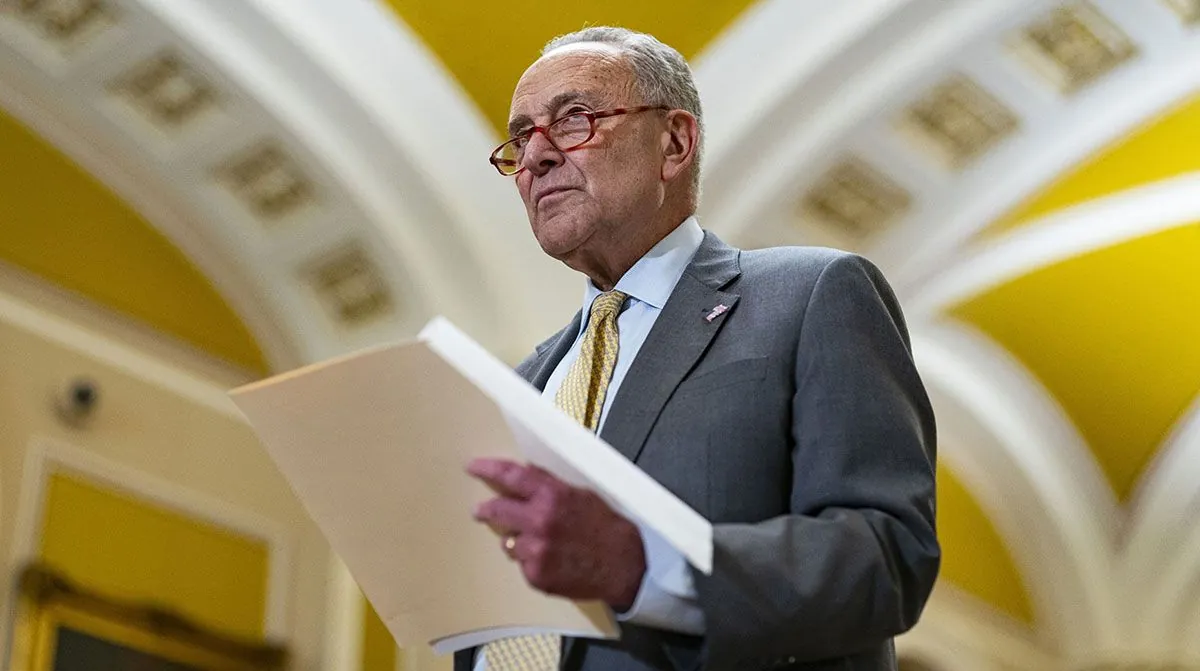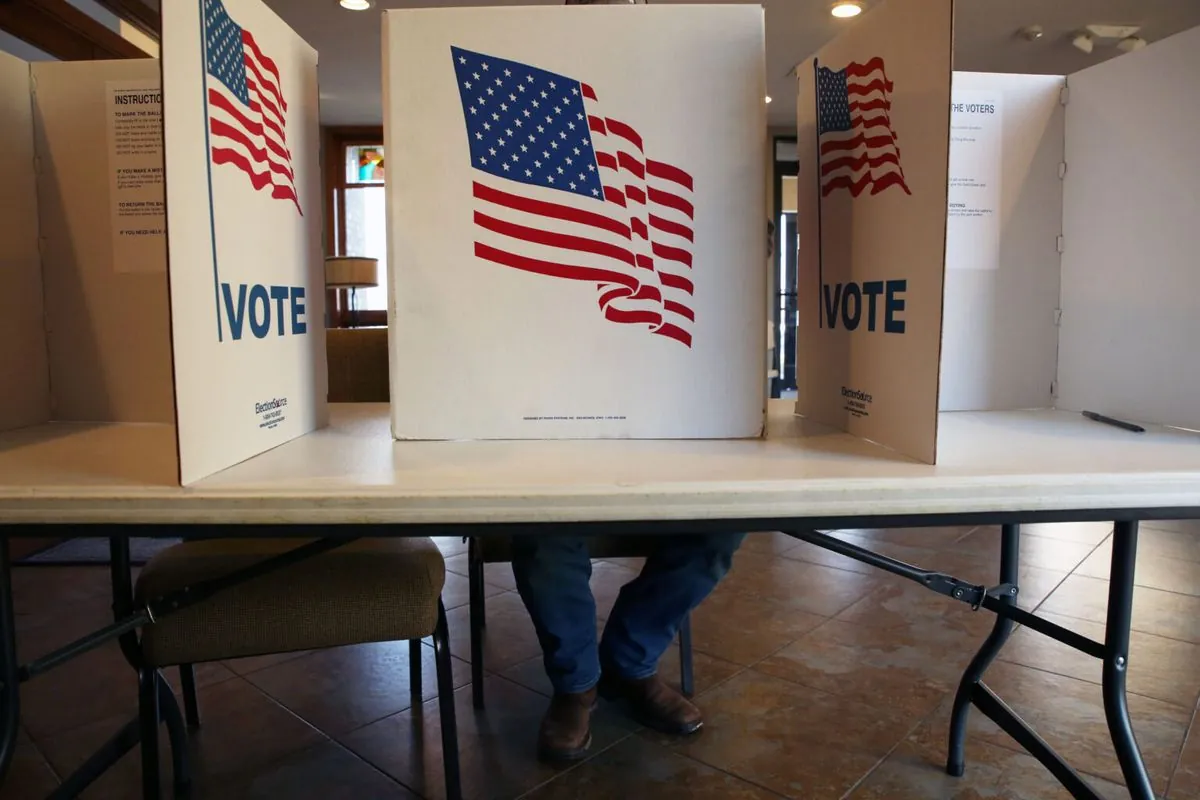Congress Reaches Deal to Avert Government Shutdown Until Mid-December
Congressional leaders agree on short-term spending bill, preventing potential shutdown. Measure funds agencies for three months, includes additional allocations for Secret Service and disaster relief.

Congressional leaders have reached a consensus on a short-term spending bill, effectively averting a potential partial government shutdown. This agreement comes as the new fiscal year approaches, set to begin on October 1, 2024. The measure is designed to fund federal agencies for approximately three months, extending operations into mid-December 2024.
This temporary funding solution, known as a continuing resolution, typically maintains current spending levels for government agencies. However, this particular bill includes some additional allocations. An extra $231 million has been earmarked for the Secret Service, an organization originally established in 1865 to combat widespread counterfeiting. The bill also provides supplementary funds to replenish the Disaster Relief Fund, managed by the Federal Emergency Management Agency (FEMA), and to support the presidential transition process.
The path to this agreement has been fraught with challenges. House Speaker Mike Johnson, R-La., initially proposed a bill that included a mandate requiring states to demand proof of citizenship for voter registration. This proposal, supported by former President Donald Trump, failed to garner sufficient support even within the Republican party, with 14 GOP members opposing it.
Following this setback, bipartisan negotiations intensified, resulting in the current agreement. Johnson described the measure as "very narrow, bare-bones" in a letter to his Republican colleagues, emphasizing that it includes "only the extensions that are absolutely necessary."

The U.S. federal government has experienced 22 funding gaps and partial shutdowns since 1976, with the longest lasting 35 days from December 2018 to January 2019. This history underscores the importance of avoiding such disruptions, particularly with the upcoming election on November 5, 2024.
House Democratic leader Hakeem Jeffries expressed cautious optimism, stating that Democrats would thoroughly evaluate the bill before the upcoming vote. Meanwhile, Senate Majority Leader Chuck Schumer criticized the delay in reaching this agreement, attributing it to Johnson's initial approach.
"While this is not the solution any of us prefer, it is the most prudent path forward under the present circumstances."
It's worth noting that this short-term solution does not guarantee smooth sailing for future budget negotiations. The outcome of the November election could significantly influence political calculations, potentially pushing final decisions into early 2025.
The U.S. fiscal year, which runs from October 1 to September 30, is governed by a complex budgetary process established by the Congressional Budget Act of 1974. This process involves multiple stakeholders, including the Office of Management and Budget (OMB), which prepares the President's budget proposal, and the Government Accountability Office (GAO), which investigates federal spending.
As the nation approaches this critical juncture, the focus now shifts to the implementation of this temporary measure and the subsequent negotiations for a comprehensive, long-term spending bill.


































